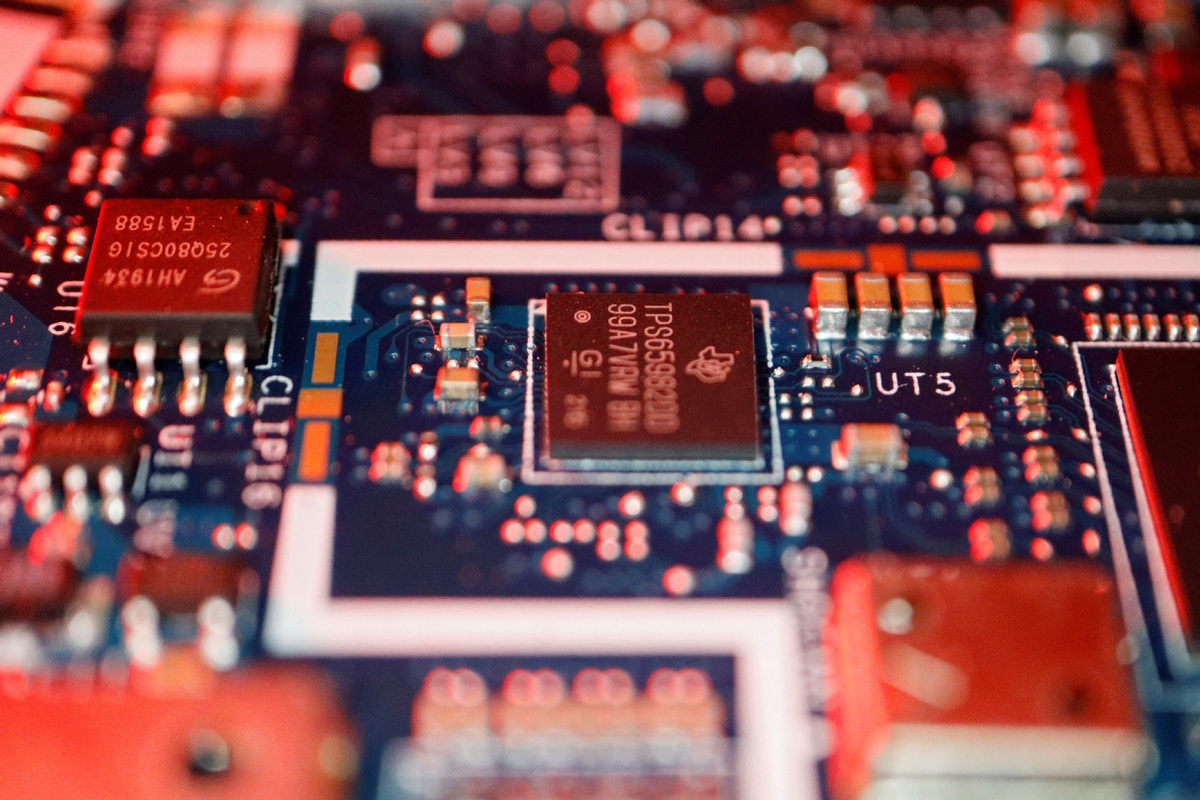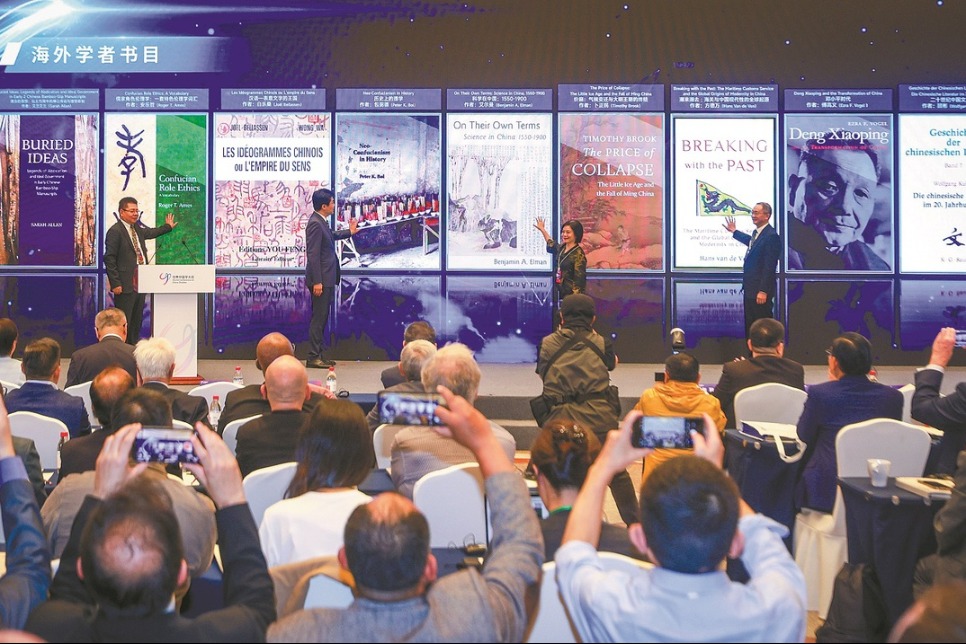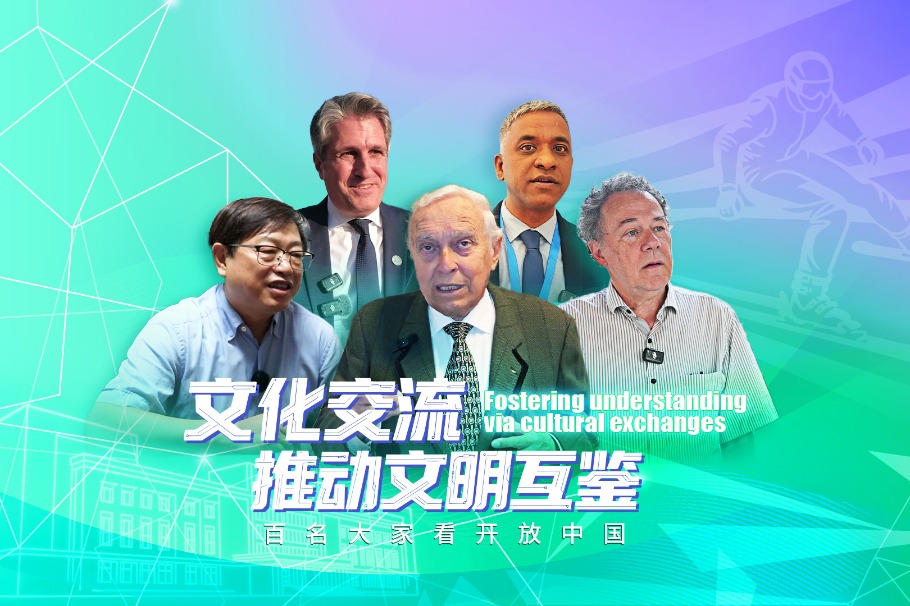Weaponizing of 'security concerns' another attempt at containment


The Dutch government's recent move to take control of Chinese-owned chipmaker Nexperia is a case of dangerous politicization of business operations and a blatant violation of market fairness. The decision, reportedly made under pressure from Washington, has drawn widespread concern and condemnation.
According to official statements, the Netherlands invoked its Goods Availability Act on Oct 12, citing "governance shortcomings" and so-called "national security risks" to justify taking "temporary control" of Nexperia, a Netherlands-based semiconductor firm fully owned by China's Wingtech Technology.
However, Reuters and Politico reports say United States officials had pressed the Dutch side for months to remove Nexperia's Chinese chief executive or face potential sanctions.
This incident is another example of how some Western governments are abusing the concept of "national security" to suppress Chinese enterprises and disrupt fair competition in high-tech sectors. It also exposes how certain countries are sacrificing their own industrial autonomy on the altar of US geopolitical strategy.
The China Semiconductor Industry Association denounced the Dutch government's decision in a statement on Tuesday. Earlier, on Monday, a spokesperson for China's Ministry of Foreign Affairs stressed that China opposes countries overstretching the concept of national security and taking discriminatory moves against Chinese companies. He stressed that China is resolved to defend the legitimate and lawful rights and interests of Chinese companies.
The seizure of Nexperia comes amid rising efforts by the United States to pressure its allies into restricting Chinese participation in the global semiconductor value chains. From export controls on chipmaking equipment to the forced restructuring of technology supply networks, Washington has long sought to weaponize "security" as a pretext for containment. The Netherlands, home to semiconductor players such as ASML, has become a focal point for this coercion.
By taking the reckless move under "US pressure", the Dutch government risks undermining its own credibility as a proponent of open trade and technological cooperation. Its action against Nexperia sends a worrying signal to global investors — that lawful operations and corporate governance can be overridden by geopolitical calculations at any time. This will not only erode confidence in the Netherlands' business environment, but also cast a shadow over Europe's ambition for strategic autonomy in advanced manufacturing.
Semiconductors are the backbone of modern industry. Their production and innovation depend on deep global cooperation across design, materials, manufacturing and testing. Any move to exclude a single firm on political grounds inevitably disrupts the entire supply chain.
The notion of "national security" must not become a catch-all excuse for economic protectionism. Legitimate concerns should be addressed through transparent and rule-based processes, not by bending to the political will of another country. When the principle of fairness is replaced with selective restrictions, the consequences will be far-reaching — fragmenting global markets, discouraging innovation, and harming the interests of all stakeholders, including those in Europe and the US.
China welcomes international cooperation in science and technology based on mutual respect, equality and shared benefits. The global community should work together to maintain stable and reliable supply chains, rather than letting ideology divide the world's most interconnected industries.
The Dutch government's seizure of Nexperia is a test of its commitment to fairness and openness in the high-tech sector. Europe must ask itself whether following Washington's lead in politicizing technology will strengthen its competitiveness or leave it dependent and constrained. True security lies in cooperation, not coercion.
Only by ensuring that businesses from all countries are treated equally can the global semiconductor industry — and the world economy at large — continue to prosper.


































